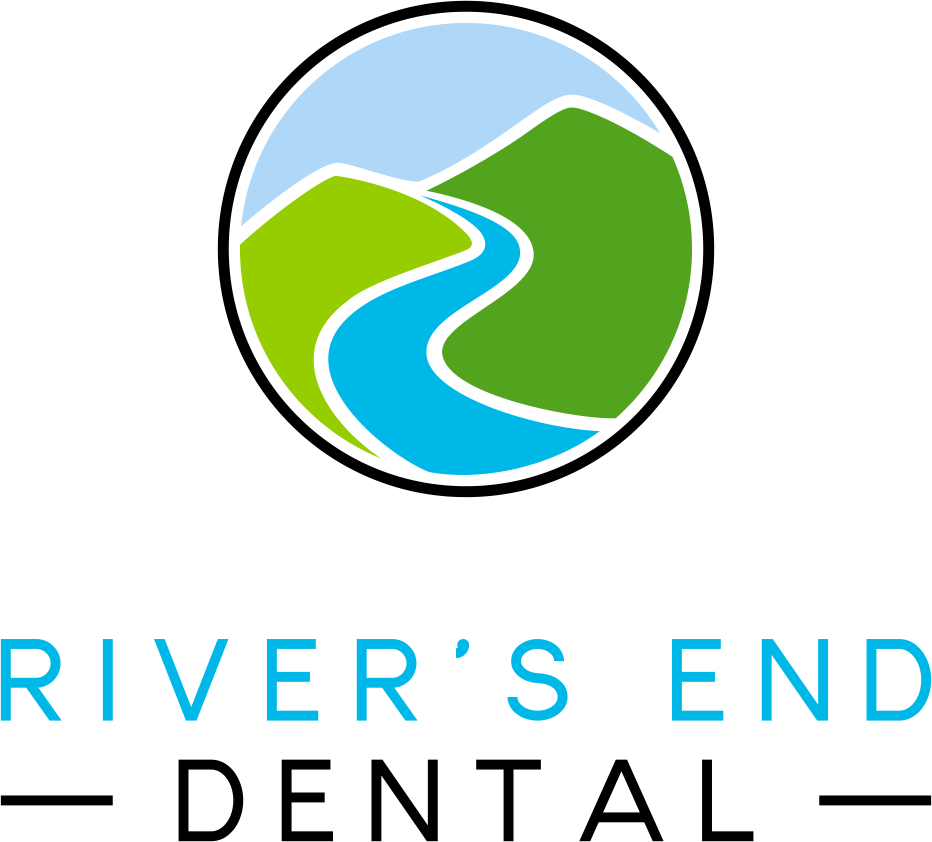Children's Dental Care
As soon as children grow teeth, their dental care routine should begin. Nearly half of all children aged two to eleven develop some amount of tooth decay.
While baby teeth fall out, establishing habits early helps avoid damage to permanent teeth later on. 32% of kids aged nine to eleven get cavities in their permanent teeth. At River’s End Dental, we strive to lower this number by making dental care a learning opportunity for the whole family.
This large percentage of children with cavities is a public health concern. Baby formulas and juices with added sugar contribute to the problem. Breast milk also contains natural sugars, so baby teeth are at risk of decay as soon as they come in. Even for infants, there are steps you can take to ensure optimal oral health.
We suggest the first check-up before your baby’s first birthday. After this initial exam, we can plan regular six-month checkups to align with their dental schedule with yours. Together we can build a plan that works for your family and address any concerns you have for your child’s dental health.
Before the first visit, there are steps you can take to avoid decay in baby teeth:
Once the first tooth appears, begin a brushing routine. Even the smallest tooth is at risk of decay if not properly cleaned. You can begin this process by using water and a soft bristled brush. Ask us to determine when it is okay to begin using toothpaste in small doses.
Rinse your baby’s teeth with water, or wipe them down with a damp cloth after every meal. Try to make sure to do this before they fall asleep. If milk or formula is left in the mouth, the sugary residue can contribute to decay in even our youngest patients.
It is a good idea to wean your child off breastfeeding or bottled milk by their first birthday. This helps prevent decay in baby teeth. Weaning at this age also lowers the risk of jaw growth issues associated with the sucking action of these feeding methods.
When your child starts brushing their own teeth, you should continue monitoring their habits. Help them reach any spots they missed if necessary.
Refrain from offering milk or sugary drinks before bed.
If possible, use a straw with these beverages to prevent sugar from coating the teeth.
Keep daily intake of sugar to a minimum. This includes sweet drinks, milk, and all sugary foods.
